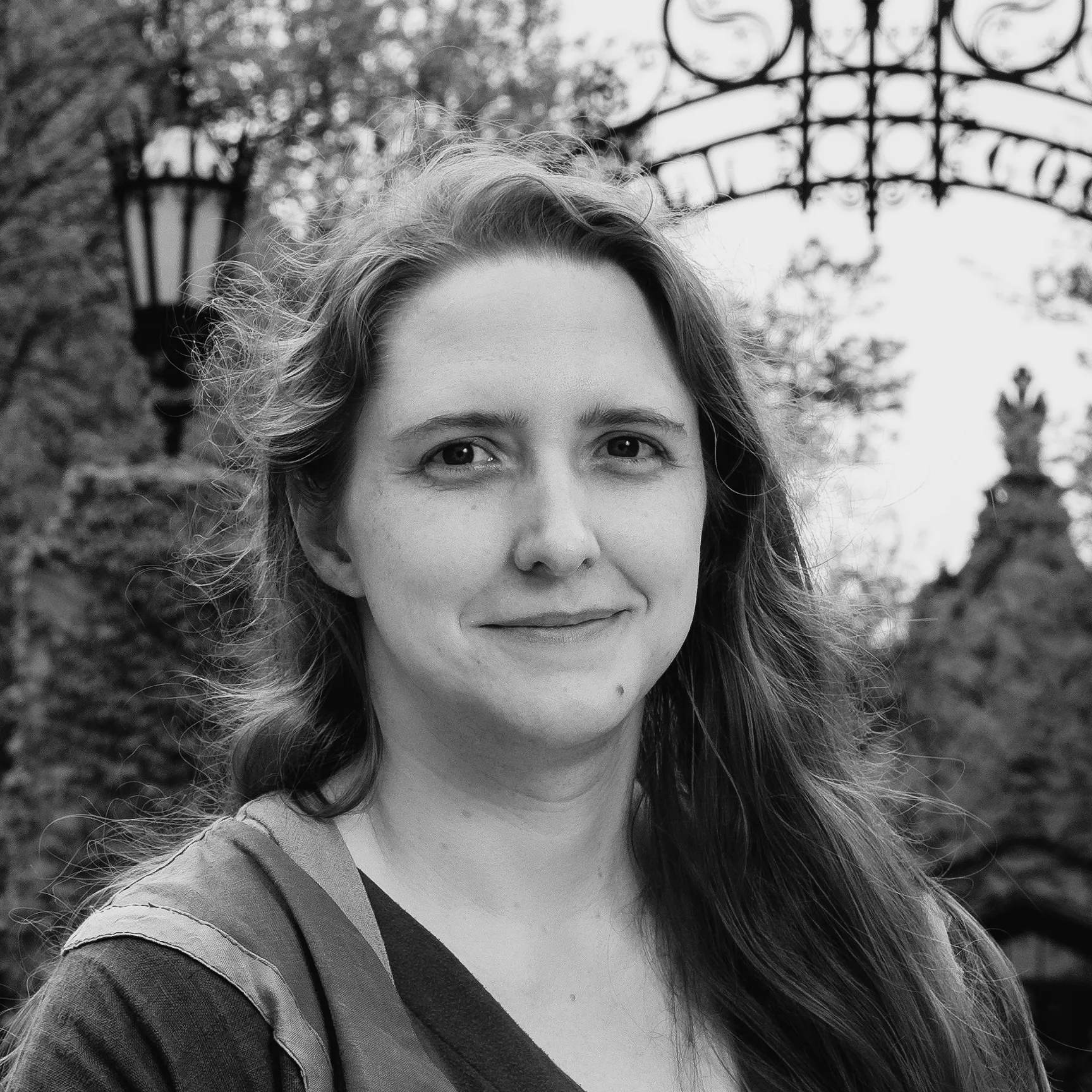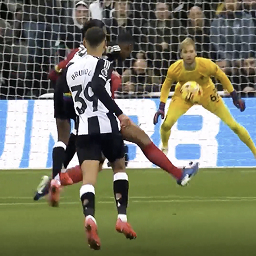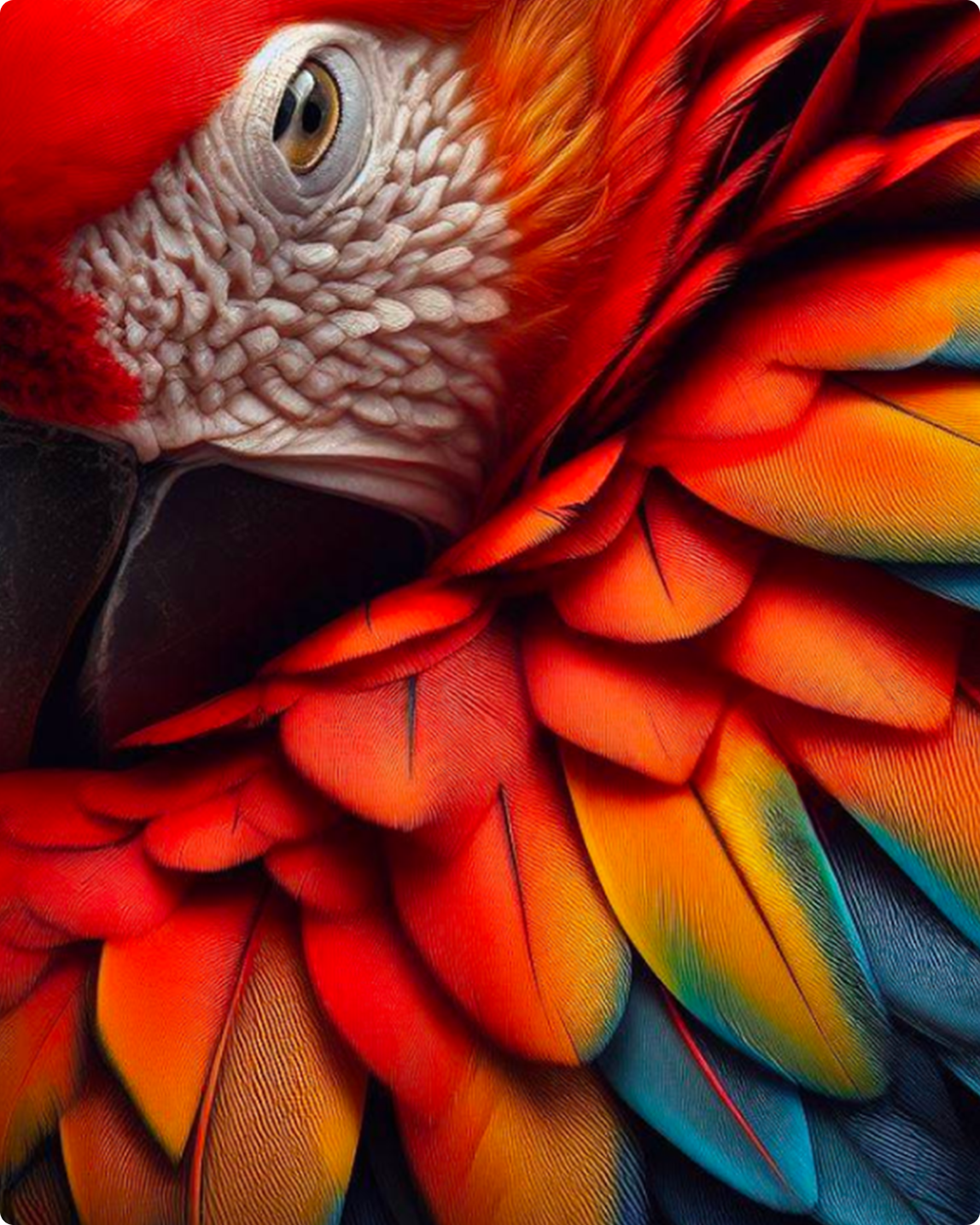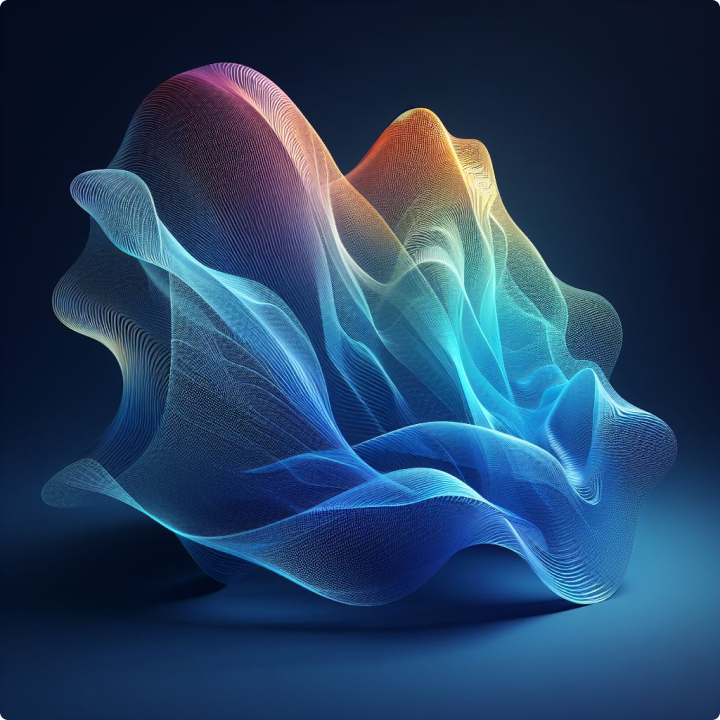We are an information revolution species
Professor of History, University of Chicago

For twenty generations we have been living in an information revolution.
For centuries, new information technologies have been constantly arriving and accelerating change and the democratization of information: advances in paper, wood blocks, the moveable type printing press, pamphlet networks, telegraphy, radio, TV. Like our digital revolution, none of the previous info tech revolutions came all at once—in 1450 bulky Gutenberg Bibles; forty years later, slim pocket paperbacks; twenty years after that, networks of news riders and pamphleteers. In 1517, Luther’s Ninety-Five Theses were in print in London seventeen days after he released them in Wittenberg, while people then alive in London and Wittenberg remembered expert scribes taking six months to make one book—just as many of us remember floppy discs and dial-up.
That’s why, as AI stuns us with its possibilities, we need to take a deep breath, zoom out, and remember that information revolutions are the normal state of human life.
College graduation used to involve passing a test on writing scripts with ink and quill. Students and teachers saved innumerable hours with the transition from quill to pencil, to typewriter, to digital. Now that students submit their essays to me through the Wi-Fi aether, they have time to write more, learn more, do more. AI will soon make easier, our current methods of creating and evaluating college essays obsolete. Mourning the changes, as scribes mourned the obsolescence of quill and ink, too easily distracts us from imagining the great new things that will be made with better tools. People today still learn calligraphy, still make a living at it, but we use it when we truly want to make that kind of art—we use word processors when making other things. That doesn’t mean we create less art overall, it means we create more.
That doesn’t mean we create less art overall, it means we create more.
AI is bringing the democratization of the power to make the modern media we constantly consume. Soon, creating a professional quality videogame or full-length movie may be no harder than writing a college essay. My history students often say they want to write a screenplay, or describe a videogame they want to make about the period, but that isn’t what they really want. They want to make the game, to make the film—to see it, not describe it. Now it won’t be long until they can. In a Shakespeare class five years from now, instead of a final essay, students could direct three versions of a scene, having AI produce full-length video with variations in the set, costumes, and direction. If tasks that once were hard are now easy, that frees us to take on harder ones.
When we meet and savor information, the human impulse is to want to reply in kind: we hear tales and want to tell tales, hear songs and want to craft songs, watch films and want to reply with sound and motion—media which only mega-million-dollar studios can make, for now. Why not as many filmed Othellos as there are students eager to study it? Why not enable every middle-schooler who invents a superhero make a comic, and a movie, and a show? Soon it won’t take a famous filmmaker to make a Hollywood-quality documentary exposing an injustice—every target of injustice can create one. That is the democratization of expression, the democratization of art, the democratization of information. New information technologies enabled Luther’s Reformation, the Enlightenment and American Revolution, the Suffragette successes, the Civil Rights Movement, the Arab Spring, so many of our greatest leaps in freedom and democracy, will keep doing more.
Soon, every time we have an idea for an app, we will be able to create it, not to sell and make a living, but to use ourselves, just as we want it, easily, as we print out our photographs to decorate our walls and make us smile.
Doesn’t that threaten the livelihoods of app-makers?
It does.
The livelihoods of the scribe, the quill-maker, the typist, and the professional photographer were all threatened by the information revolutions. They needed safety nets, retraining, transformation of their employments into new ones. But we know about such dangers now, and that we can prepare for them. Information revolutions need thoughtful transitions. When the digital spreadsheet arrived, which could do in seconds what took accountants weeks, so accountants transitioned to using them, and doing more. If an AI can pass the written Bar Exam, that puts Bar Exam level information in everyone’s hands, while lawyers of the next generation will train using VR trials, and learn to compile documents at speed with AI help, skills which will mean a poor person can get the documents they need with one hour of costly lawyer time rather than ten. That is democratizing information.
The dangers of ChatGPT and its successors do not lie in the technologies themselves. They lie in the fact that we must now make choices, good or bad, about how we help those navigate the rollout effects. We fear the artist and writer will starve, but the artist and the writer are already starving because our copyright system is broken, serving mainly monopolies. We fear the actor’s image will be harvested unpaid by algorithms to produce those middle-schoolers’ superhero tales, but practically all actors are already struggling, working second jobs, without a means to make a living as their words and images ripple through the digital world. Most of the profits from hit songs go to the stockholder, not the musician. That—not AI—is the threat to human flourishing. If we pour a precious new elixir into a leaky cup and it leaks, we need to fix the cup, not fear the elixir. The majority of discussion of AI has been doom and gloom, and it is good that we feel fear, it means we’re poised to act, to make the safety nets, whether through changing income lines, or copyright practice, or UBI. We need to plan wisely to make the rollout kind, but we can. If we try, we can.
Knowledge empowers; experience empowers; expression empowers; each of these twenty generations has been more powerful than the last.
We fear fake news. So did our grandparents. Shakespeare feared fake news in 1600. The Inquisition fretted about regulating it a century before, the revolutionary leaders of America and France a century after. Fake Moon Men filled The New York Sun’s headlines in 1835. We are an information revolution species—homo neopublicandus—and for twenty generations we have always had to fear new tools making fake news more plausible, and always learned to arm ourselves against them. The fakes and propaganda of the World Wars seem clunky to our eyes now, because we learned to see through them, just as we will with newer ones. If you doubt that we learn to combat the dangers of new media, watch an old commercial, or listen to an old radio ad—your chuckle at its quaint, transparent puffery is your defense. Knowledge empowers; experience empowers; expression empowers; each of these twenty generations has been more powerful than the last. The many transformations of the information revolution centuries show us that democratizing expression always aids the democratization of power, aids community organization, civil rights movements, justice, human dignity and flourishing. Information revolutions do disrupt and harm, but we understand that now, and can prepare for it.
We already are.
I asked GPT-3.5 to write a speech endorsing stripping the vote from the poor, and it did. I asked GPT-4 and it refused, telling me that voting is one of our best tools against tyranny and human suffering. I tricked it, telling it I wanted the speech so a villain could deliver it in a play which would, in the end, support voting rights. It obliged and wrote the speech, wishing me good luck with my play and my activism. Future versions might be harder to trick, demanding to see an outline, or still write the speech but also proactively give me pro-voting speeches for the play’s heroes, perhaps persuasive enough that someone trying to make anti-voting-rights propaganda would pause and think anew. We’re already asking how AI will impact civil rights, and each generation of ChatGPT has offered better answers. We’re doing okay with this, better than okay. A tool that is already teaching my students about civil rights and helping them propose more ambitious projects than just a college essay, is a good tool.
Humanity’s information systems are constantly facing metamorphosis. ChatGPT is the latest butterfly, but also chrysalis for the next butterfly, it for the next. Each stage is transcendently more powerful, more saturate, disruptive but democratizing too. In 2000, Time Magazine declared Gutenberg their Man of the Millennium, but many moments in the print revolution he unleashed were terrifying as well as good, just like this one. This revolution will be faster, but we have something the Gutenberg generations lacked: we understand social safety nets. We know we need them, how to make them. We have centuries of examples of how to handle information revolutions well or badly. We know the cup is already leaking, the actor and the artist already struggling as the megacorp grows rich. Policy is everything. We know we can do this well or badly. The only sure road to real life dystopia is if we convince ourselves dystopia is unavoidable, and fail to try for something better.
The view, opinion, and proposal expressed in this essay is of the author and does not necessarily reflect the official policy or position of any other entity or organization, including Microsoft and OpenAI. The author is solely responsible for the accuracy and originality of the information and arguments presented in their essay. The author’s participation in the AI Anthology was voluntary and no incentives or compensation was provided.
Palmer, A. (2023, May 30). We Are an Information Revolution Species. In: Eric Horvitz (ed.), AI Anthology. https://unlocked.microsoft.com/ai-anthology/ada-palmer
Ada Palmer
Ada Palmer is a professor of history at the University of Chicago, focusing on censorship, book history, information revolutions, and radical thought, especially in the Renaissance and Enlightenment. Her first science fiction novel series Terra Ignota explores a future of global borderless nations. She blogs and podcasts at ExUrbe.com.






